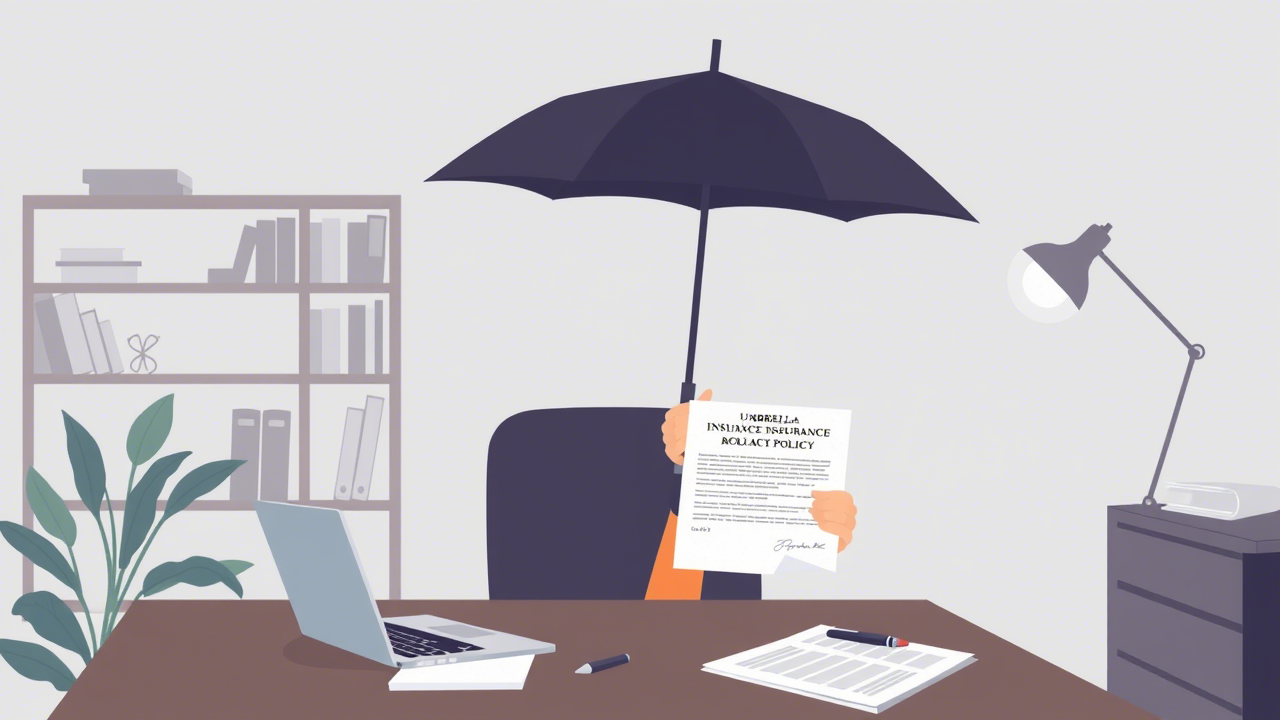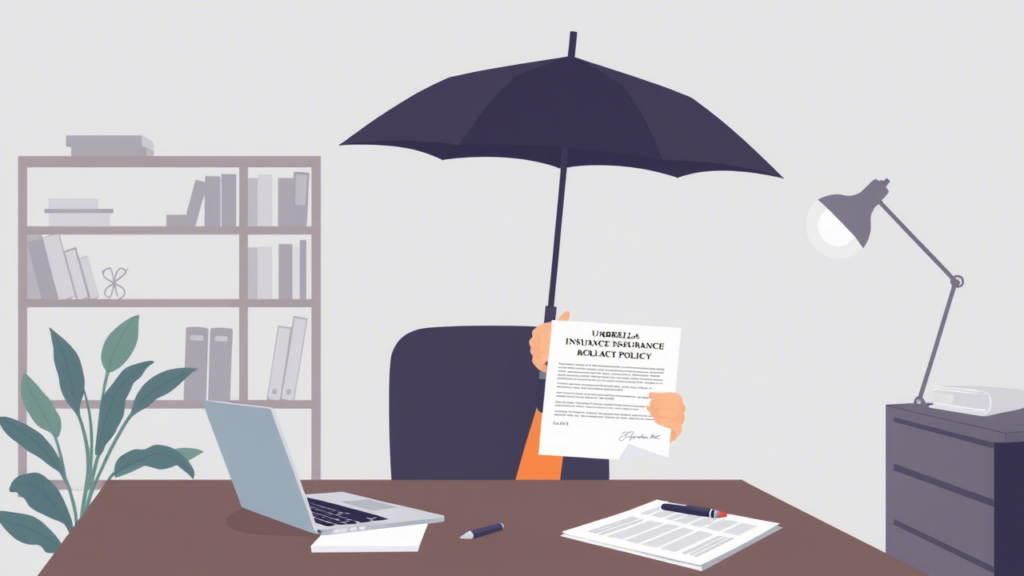What to Know About Umbrella Insurance: A Simple Guide
When it comes to protecting your financial future, standard insurance policies like auto or homeowners insurance may not always be enough. That’s where umbrella insurance comes in—a helpful layer of additional coverage designed to safeguard your assets when unexpected situations arise.
If you’re wondering whether umbrella insurance is right for you, here’s a calm and straightforward breakdown of what it is, how it works, and who might benefit from it.

What Is Umbrella Insurance?
Umbrella insurance is a type of liability insurance that provides extra protection beyond the limits of your existing policies (such as auto or homeowners insurance). If you’re found legally responsible for damages or injuries that exceed your primary coverage, an umbrella policy can help cover the remaining costs.
Think of it like an actual umbrella—it extends over your other policies to shield you from financial downpours.
How Does It Work?
Let’s say you’re involved in a car accident where the medical and legal costs total 1million∗∗,butyourautoinsuranceonlycovers∗∗500,000. Without umbrella insurance, you’d be responsible for the remaining $500,000—potentially putting your savings, home, or future earnings at risk.
With an umbrella policy, however, it could cover the difference, protecting you from significant out-of-pocket expenses.
Key Features:
- Higher coverage limits (typically starting at $1 million)
- Broader protection (covers claims like libel, slander, or false arrest, which standard policies may exclude)
- Affordable premiums (often costing just a few hundred dollars per year for substantial coverage)
Who Needs Umbrella Insurance?
While umbrella insurance isn’t mandatory, it can be especially valuable for:
- Homeowners – If someone is injured on your property and sues for damages.
- High-net-worth individuals – If you have significant assets to protect.
- Landlords or pet owners – If you’re at higher risk for liability claims.
- Frequent drivers – Accidents can lead to costly lawsuits.
Even if you don’t fall into these categories, umbrella insurance can offer peace of mind, knowing you have an extra safety net in case of an unforeseen event.
How Much Coverage Do You Need?
A good rule of thumb is to have enough umbrella coverage to match your total net worth (including savings, home equity, and investments). Many policies start at $1 million and can be increased in increments.
Is It Worth the Cost?
Considering the relatively low cost (often 150–500 per year for $1 million in coverage), umbrella insurance can be a smart investment. The financial protection it offers far outweighs the premium, especially if you face a substantial lawsuit.
Final Thoughts
Life is unpredictable, and while we can’t prevent accidents or legal disputes, we can prepare for them. Umbrella insurance provides an extra layer of security, ensuring that a single unexpected event doesn’t jeopardize your financial stability.
If you’re unsure whether it’s right for you, consulting with an insurance agent can help you assess your risks and make an informed decision.
Would you consider adding umbrella insurance to your financial safety net? Let us know in the comments!


